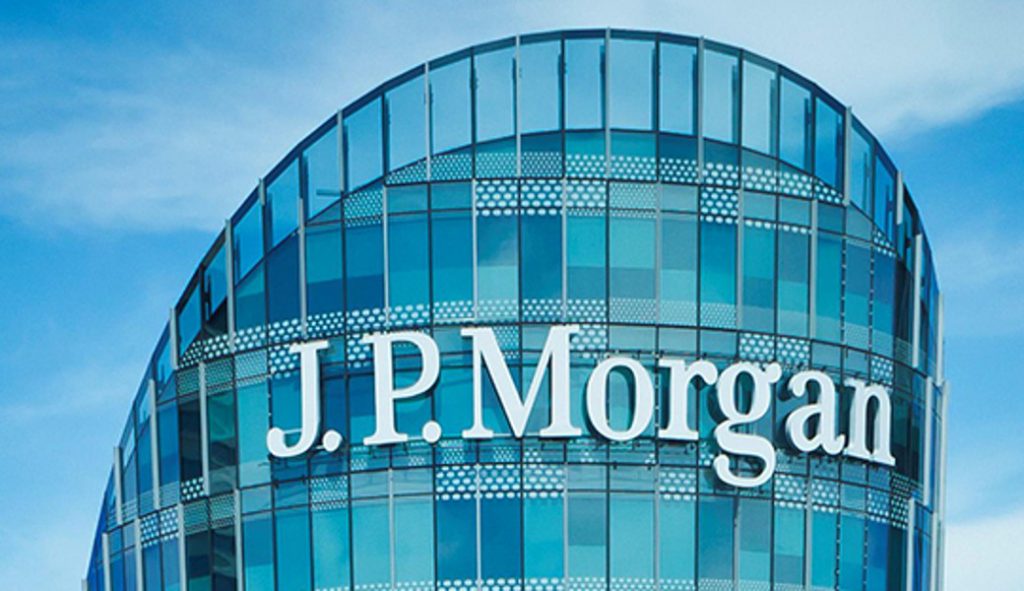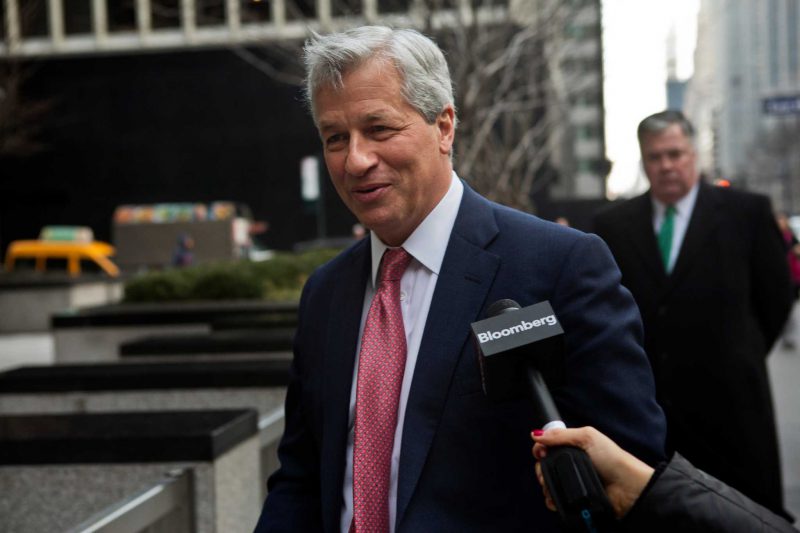JP Morgan’s recession warning has definitely rattled financial markets as CEO Jamie Dimon recently predicted a 50% chance of U.S. recession in 2025. This rather worrying forecast comes at a time when markets are already experiencing quite a bit of turbulence due to Trump’s wide-ranging trade tariffs and also those persistent inflation concerns that just won’t go away.
Also Read: If You Invested $5000 In Bitcoin During Its Recent Halving, Here’s Your Return
How Trump Tariffs and JP Morgan’s Forecast Shape 2025 Outlook


Dimon’s Recession Warning
Jamie Dimon, who is widely regarded as one of the most influential voices on Wall Street right now, warned of economic difficulties during JP Morgan’s recent earnings report. The JP Morgan recession warning highlighted several concerning factors behind his rather pessimistic outlook.
Dimon stated:
“As always, we hope for the best but prepare the firm for a wide range of scenarios.”
The veteran banking executive specifically mentioned “the potential negatives of tariffs and ‘trade wars’, ongoing sticky inflation, high fiscal deficits and still rather high asset prices and volatility” as key concerns. Many companies are already putting off hiring and merger decisions at the moment due to growing us recession 2025 fears.
The JP Morgan recession warning seems particularly credible considering that the bank has actually increased its bad debt provisions to $3.3 billion this quarter, which is quite a jump from $1.9 billion at the same time last year.
Federal Reserve’s Concerns
John Williams, who currently serves as the head of the Federal Reserve Bank of New York, has basically reinforced the JP Morgan recession warning with his own assessment of the situation.
Williams warned:
“Trade tariffs would push US inflation to as high as 4 per cent this year, raise unemployment and limit economic growth in 2025 to somewhat below 1 per cent.”
This market forecast appears to align pretty well with various other economic indicators that seem to be pointing toward something like stagflation—which is, of course, that particularly concerning combination of high inflation and restricted growth that economists worry about.
Also Read: Gold Prices Will Reach $4,000 Next: Bloomberg Strategist
Trade War Impact
It’s worth noting that President Trump actually cited Dimon’s recession concerns when announcing his decision to pause import tariffs on most countries. However, those U.S. recession worries for 2025 persist as China has responded with 125% duties on certain American goods, which intensifies global trade war effects.
Wall Street’s Response
All this market volatility has, somewhat ironically, boosted JP Morgan’s trading division with a reported 19% revenue increase. Dimon’s market forecast has prompted rather mixed reactions across Wall Street and financial institutions.
Ted Pick, who serves as Morgan Stanley’s chairman and CEO, was clear about the fact that:
“The simple truth today is that we do not yet know where trade policy will settle, nor do we know what the actual transmission effects will be on the real economy.”
Larry Fink, BlackRock’s chairman, noted:
“Uncertainty and anxiety about the future of the markets and the economy are dominating each and every client conversation.”
Fink also added that the current market downturns were impacting “millions of ordinary people’s retirement savings,” which really highlights the wider implications.
Also Read: Scope Issues Downgrade Alert as U.S. Dollar Sees Worst Drop in 50 Yrs
We Are Facing Economic Uncertainty Ahead
The Trump tariffs economic impact continues to worry investors and analysts alike. The JP Morgan recession warning suggests that a serious economic contraction remains quite possible for 2025, with global trade war effects potentially getting worse before they eventually improve.
Jamie Dimon’s observation about how businesses are behaving right now is particularly telling:
“People have to adjust [to] this new environment.”





